#MeToo throws new spotlight on International Women’s Day
Tue 06 Mar 2018, 19:42:10
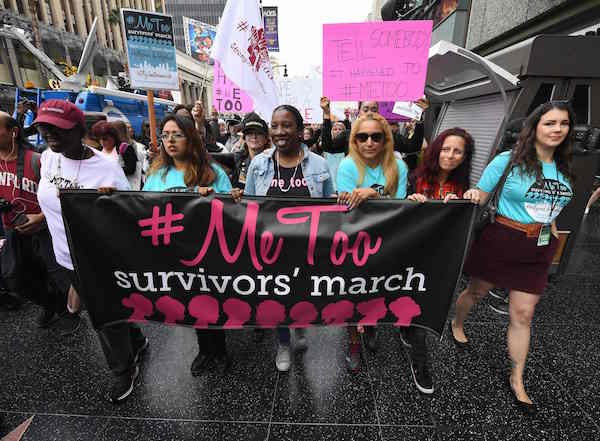
PARIS: As the world marks International Women’s Day this week, it remains to be seen whether campaigns such as #MeToo and #Timesup can really advance the fight for women’s rights and gender equality worldwide or whether their effects will be more transitory.
The #MeToo and #Timesup campaigns that went global last October when allegations of sexual misconduct by Hollywood producer Harvey Weinstein coincided with a number of other major advances in women’s rights worldwide.
In September, for example, Saudi Arabia announced that the prohibition would be lifted starting from June this year.
Then in January, Saudi women were also allowed to attend a football match for the first time.
And in Iran, a spate of unprecedented
protests have taken place since December against rules for mandatory headscarves for women.
protests have taken place since December against rules for mandatory headscarves for women.
Migrant and refugee crisis
Mauget said that the migrant and refugee crisis also highlights how much still needs to be done in the area of women’s rights.
“Women are forced to migrate for economic reasons, war or due to climate change, and find themselves in camps where they are not respected, on routes where they are violated,” she said.
Genevieve Fraisse, a French philosopher and writer on feminist thought, believes the Weinstein affair and its repercussions will act as a “catalyst” for equality.
“It is in situations of economic dependence that women are victims of violence,” she said.
No Comments For This Post, Be first to write a Comment.
Most viewed from Interesting
Most viewed from Entertainment
AIMIM News
Latest Urdu News
Most Viewed
May 26, 2020
Do you think Canada-India relations will improve under New PM Mark Carney?
Latest Videos View All
Like Us
Home
About Us
Advertise With Us
All Polls
Epaper Archives
Privacy Policy
Contact Us
Download Etemaad App
© 2025 Etemaad Daily News, All Rights Reserved.




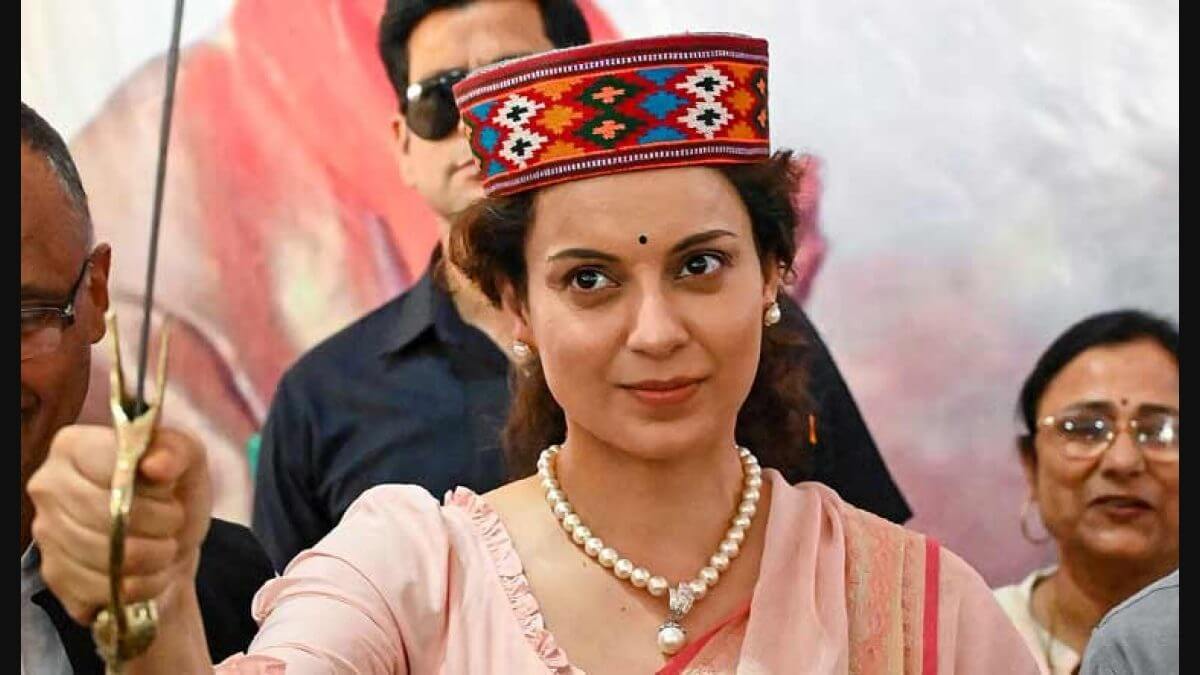
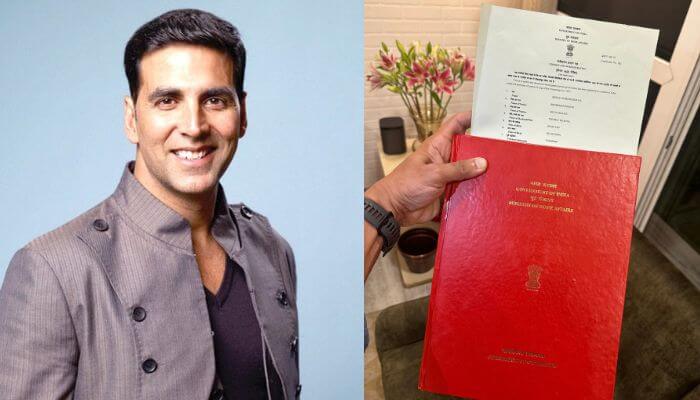

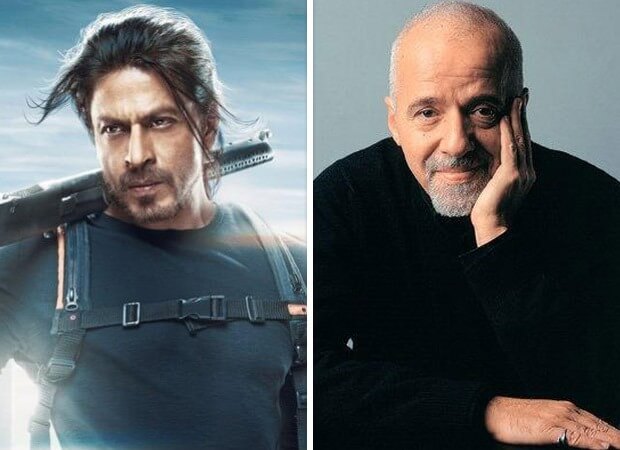
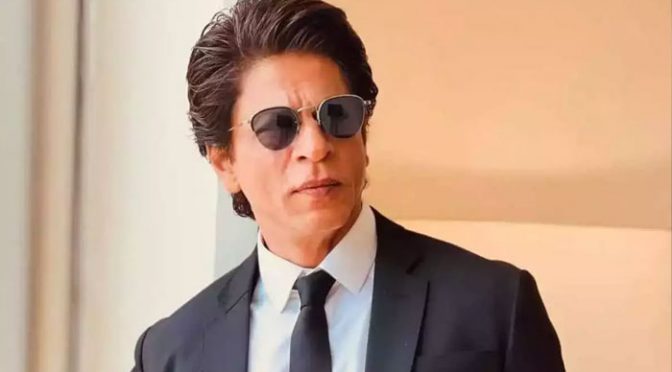
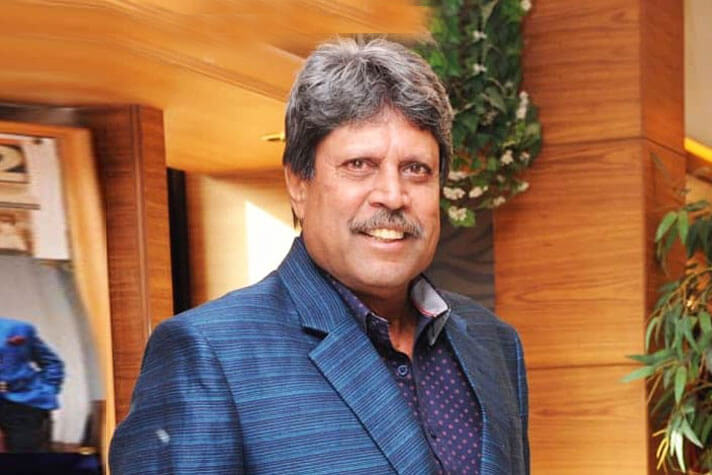


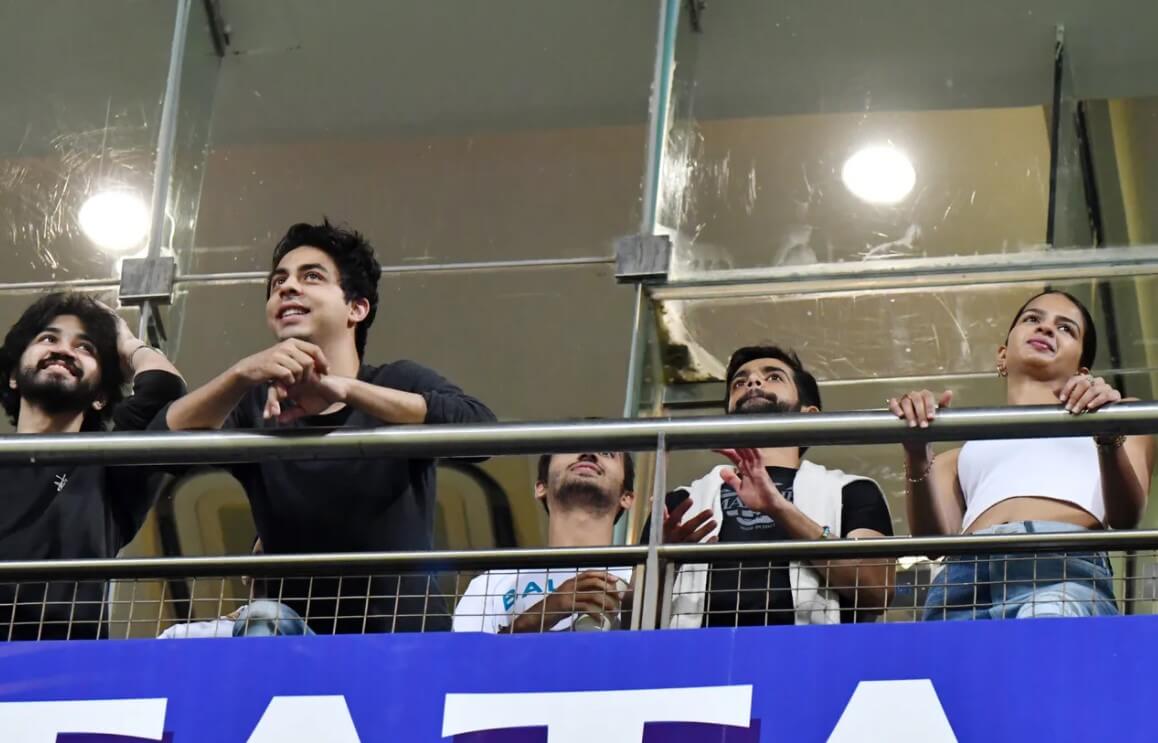




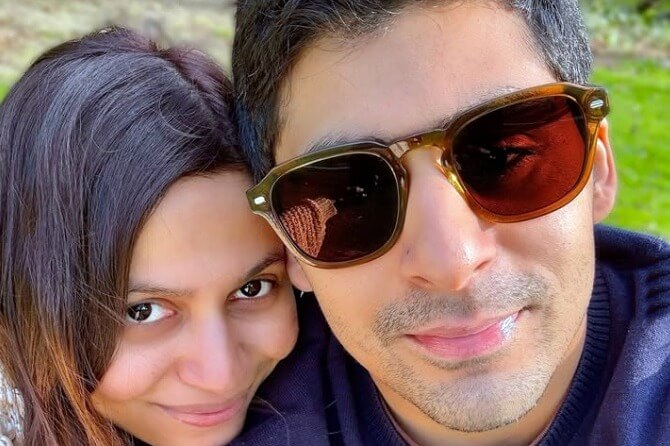


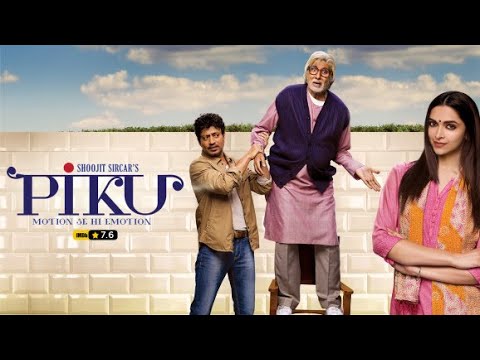



.jpg)

















